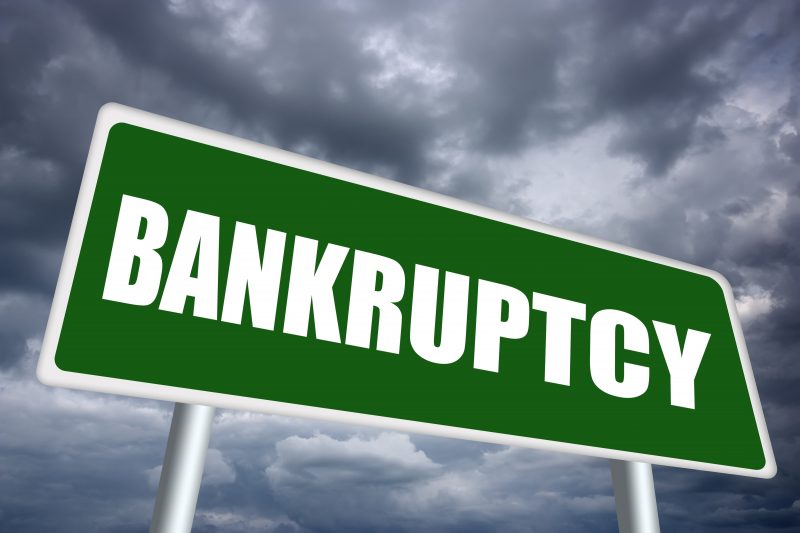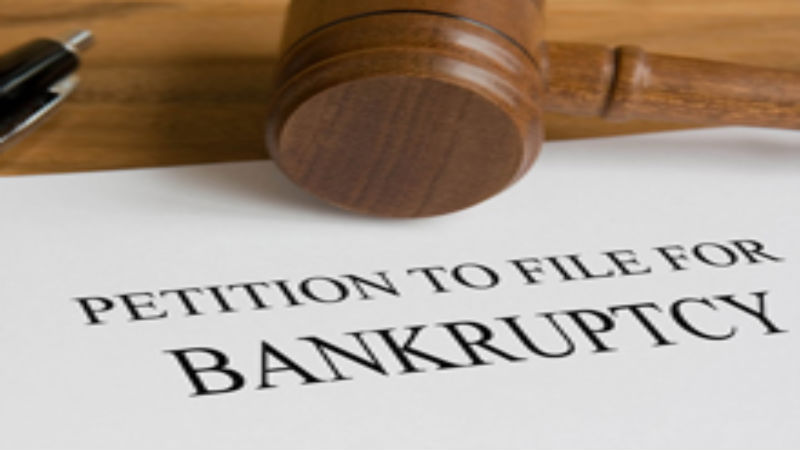One of the biggest issues that people face when it comes to their finances is the amount of debt that can be accrued via credit cards. Unfortunately, this kind of debt is very common and it can sneak up on you very quickly. You may be making your payments just fine, but if something were to happen, perhaps you lose your job, you have your wages cut in half or a medical emergency arises, you could be behind on your credit card payments before you know it. With the various penalties and fees that credit card companies charge, you could very easily find yourself in the situation where even getting current on your credit cards near impossible. That’s why if you’re looking to eliminate credit card debt, you may want to consider Chapter 7 bankruptcy.
It’s important to understand that filing for bankruptcy shouldn’t be your first option. If you can, you should try to work out agreements with your creditors to allow you to repay your debt. In some cases, creditors are more than happy to work with you. In other situations, credit card companies may not want to work with you at all. If your debt has already been transferred to a collection agency, it becomes even harder to work out agreements.
When you speak with an attorney about filing chapter 7 bankruptcy, you’re talking about filing for bankruptcy in order to discharge your existing credit debt for good. In addition, when you hire an attorney, he or she can handle any phone calls that you get from debt collectors. You see, once you file for bankruptcy, debt collectors are no longer permitted to contact you. That doesn’t mean that they won’t, but all you need to do is refer them to your attorney and typically one conversation with your attorney will get the debt collectors to stop calling you.
In other cases, your debt may have grown to such a large number that it would be virtually impossible for you to either maintain payments or repay the debt. In these situations, speaking with an attorney about Chapter 7 bankruptcy will help you eliminate credit card debt for good. This will get you back on a firm financial footing, and you can move forward so you can make better decisions about debt in the future.
Click here for further details.



